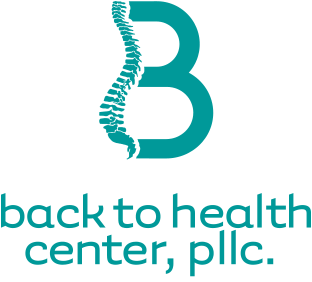 Pain and extra pounds create a vicious cycle that traditional advice can’t break. When your joints hurt too much to exercise and willpower isn’t enough to overcome constant food cravings, you need a different approach. Medical supervision and targeted therapy can finally give you the tools to succeed where diet and exercise alone have failed.
Pain and extra pounds create a vicious cycle that traditional advice can’t break. When your joints hurt too much to exercise and willpower isn’t enough to overcome constant food cravings, you need a different approach. Medical supervision and targeted therapy can finally give you the tools to succeed where diet and exercise alone have failed.
When Pain Keeps You Stuck
This cycle becomes self-perpetuating quickly. You avoid movement because it hurts, but inactivity leads to muscle weakness and joint stiffness that makes future movement even more painful. Meanwhile, the frustration of being unable to exercise often triggers emotional eating, which can add more weight to already stressed joints.
Why Traditional Approaches Fall Short
Social situations present constant challenges to maintaining dietary restrictions. A dinner out with friends or a celebration at work can derail weeks of progress. Deprivation diets create an even bigger problem by actually increasing cravings for the foods you’re trying to avoid.
The all-or-nothing mentality strikes again and again. One slice of cake becomes an excuse to abandon all progress, with the promise to “start fresh tomorrow” that somehow never comes. Before you know it, you’re carrying an extra 20 pounds and wondering when that fresh start will actually happen.
Life gets in the way, too. New moms struggle to find time at the gym between feedings and naps. Busy professionals can’t always meal prep or stick to rigid eating schedules. These aren’t excuses—they’re real barriers that require practical solutions.
The Food Noise Problem
Food noise refers to the constant mental chatter about eating, craving, and food decisions that occupy your thoughts throughout the day. This internal dialogue makes it incredibly difficult to stick to any eating plan, no matter how well-intentioned you are.
Traditional willpower-based approaches ignore this biological reality. When your brain is constantly thinking about food, restriction becomes torture rather than a sustainable lifestyle change.
Medical Supervision Changes Everything
Now for some great news: A doctor-supervised weight loss program addresses these challenges systematically. Weekly check-ins provide accountability and support, while blood work ensures you’re healthy throughout the process. The medical team monitors how you’re feeling and eating, making sure you’re losing weight in a healthy, sustainable way.
GLP-1 medications help quiet food noise, making it easier to make conscious choices about eating. When you’re not constantly battling cravings, you can focus on building healthier habits that will serve you long after the medication phase ends.
Ready to Break Your Weight Loss Cycle?
The combination of medical supervision, proven medications, and ongoing support creates a foundation for lasting change. You don’t have to keep struggling with the same approaches that haven’t worked in the past.
Contact Back to Health Center to book a consultation and get on the path to sustainable weight loss!
